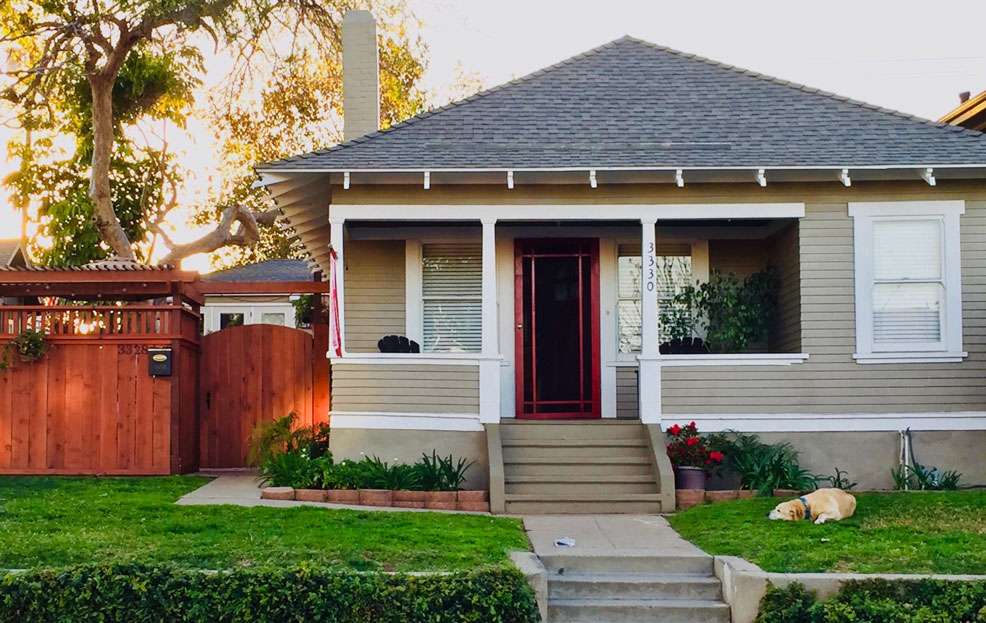Step up basis
For property transfers at death.
 By Jennifer N. Sawday, Partner at TLD LAW
By Jennifer N. Sawday, Partner at TLD LAW
Trust and Estates attorney located in Southern California
jsawday@tldlaw .com
Step in basis is when people pass away, they leave things. Property, businesses, stocks and other assets. The values of those assets need to be appraised again at date of death by a certified appraiser in the field applicable to the asset. For example, a home would be appraised at date of death by a certified real estate appraiser.
The IRS allows inherited assets (except for retirement accounts) to receive a stepped up in basis at death for computing capital gain taxes for when the new owner may later sell that asset.
Caveat, the law could change on this, so keep abreast of any changes that may impact stepped up in basis when you read this article in later years. Right now in 2022, all inherited assets receive a stepped up in basis at the death of the property owner. It’s a beautiful thing.
Home owned by parents
Let’s use an example that most of us can understand:
 Your Dad owned a home in Southern California. He purchased the home in 1977 for $68,000. There is no mortgage, it’s paid off. The home is now worth $850,000 in 2022. Sounds crazy, but likely true. If Dad were to sell the home during his lifetime, he would have to take his sales price and subtract the home selling expenses and capital improvements as permitted by the IRS and then this net would be subject to capital gain taxes.
Your Dad owned a home in Southern California. He purchased the home in 1977 for $68,000. There is no mortgage, it’s paid off. The home is now worth $850,000 in 2022. Sounds crazy, but likely true. If Dad were to sell the home during his lifetime, he would have to take his sales price and subtract the home selling expenses and capital improvements as permitted by the IRS and then this net would be subject to capital gain taxes.
So let’s say he received $765,000 from this sale as he sold it himself. He would have to pay capital gain taxes from his $68,000 purchase price and pay taxes on the profits from $765,000 minus $68,000: $697,000. There are tax breaks when it is considered your primary home and you meet the rules of living there in the past two years out of five years… that break is $250,000 for the homeowner or $500,000 if the home was owned jointly by both parents. So you would subtract $250,000 from $697,000 and now your Dad would be subject to a capital gain tax for the gain on sale of $447,000. That rate varies but a good rule of thumb is 25% of the net is taxable. So another $100,000 or so is paid to the taxing authorities.
If your Dad had died, you do not need to worry about his original cost basis of $68,000. On his date of death, you get a stepped up in basis and you start the calculation of the value of the home at the day he died. An appraiser can tell you that figure. Then you sell it, chances are and especially if you sell it right when he passes, there will be no capital gain taxes resulting from that sale due to the stepped up in basis.
The best person to talk about how this works in connection with your asset, the loved one’s death and how taxes would be applied is your tax preparer! The attorney can help too, but the tax preparer is the person completing the tax forms for you. They have the best pulse on what you would owe if you sold something during your lifetime or sold an inherited asset later.
Conclusion for step up basis
So to summarize, a stepped up in basis allows the date of death value to be the new basis for which to compute capital gain taxes on that asset. It’s a beautiful thing indeed.
